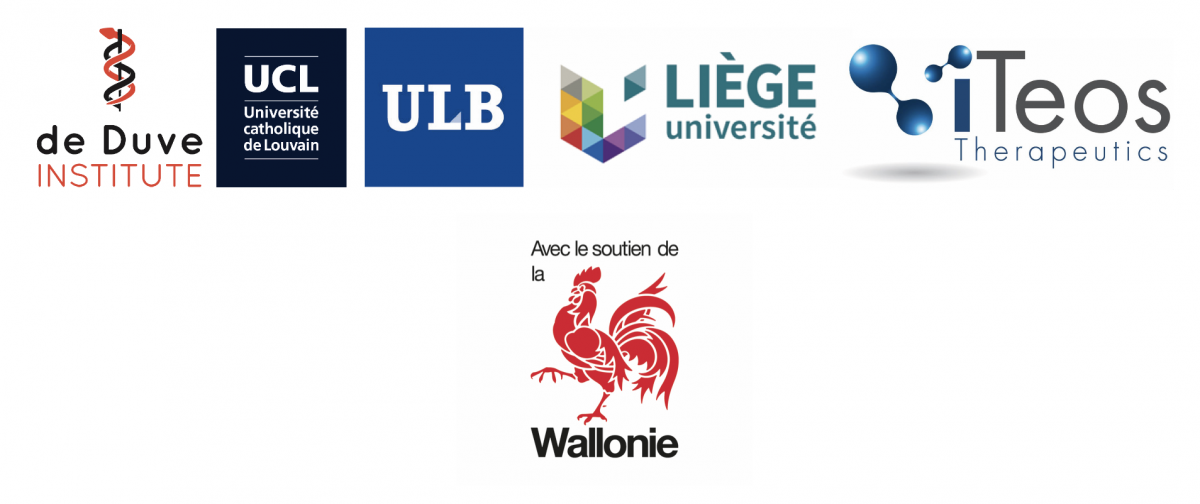

(UCLouvain press office)
12/07/2017
A new Walloon research collaboration aims to identify mechanisms of immunoresistance of cancer cells in order to find ways to increase the number of cancer patients responding to immunotherapy. Coordinated by the de Duve Institute, nine research and medical oncology groups from three universities (Université catholique de Louvain, Université Libre de Bruxelles and Université de Liège) are joining forces in a 4-year project of 3.7 million euro’s, financed by the Walloon Region and iTeos Therapeutics.
Cancer immunotherapy is a relatively new treatment for cancer that has shown remarkable results in patients with no other treatment options left. Unfortunately, a large part of the patients does not respond to the therapy. Scientists think this is due to the ability of tumors to resist destruction by the patient’s immune cells via immunosuppressive mechanisms. “Understanding the mechanisms of resistance and finding drugs to inhibit them, alone or in combination with current and future immunotherapies, could lead to major improvements in clinical responses”, says Pierre Coulie, professor in Immunology at the de Duve Institute (UCL) and leader of the project.
The project gathers Walloon experts in immunology and medical oncology. Fundamental research, conducted at the three universities, will focus on specific types of immune cells, known to be involved in anti-tumor responses, namely T lymphocytes that recognize and destroy cancer cells and immunosuppressive cells called regulatory T cells and MDSCs. Their behavior will be studied in typical tumor environments, such as hypoxia. The research will also include the links between tumor angiogenesis and immunotherapy. Human tumor samples, mainly from breast and head and neck cancer, will be used to guide the researchers to the most relevant mechanisms of resistance in human cancers. The samples will be available through the participation of Jules Bordet Institute and Cliniques universitaires Saint-Luc. This concerted effort aims to accelerate the identification and evaluation of therapeutic targets that can counter the immunoresistance observed in a sizeable proportion of solid tumors.
The project is supported by the Walloon region under the WALInnov program. Co-sponsor iTeos Therapeutics, a spin-off of the de Duve Institute and Ludwig Cancer Research, develops novel immunomodulatory drugs to target mechanisms of immune suppression.
For more information: project IMMUCAN
Project promoter: Pierre Coulie
Project coordinator at the de Duve Institute: Francisca Voermans
